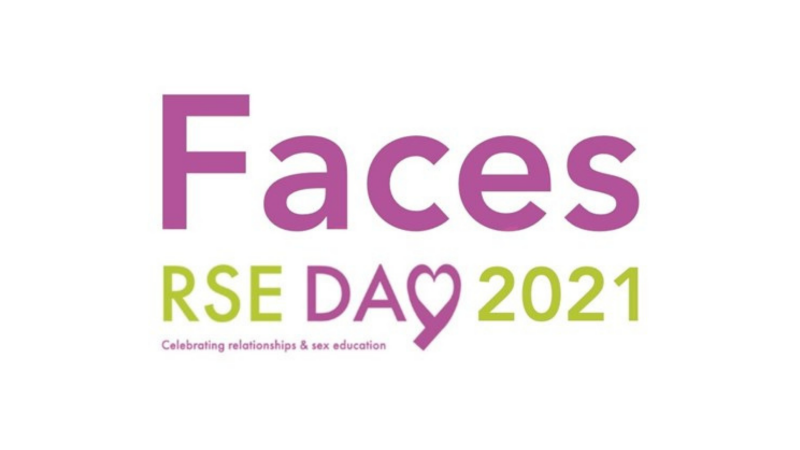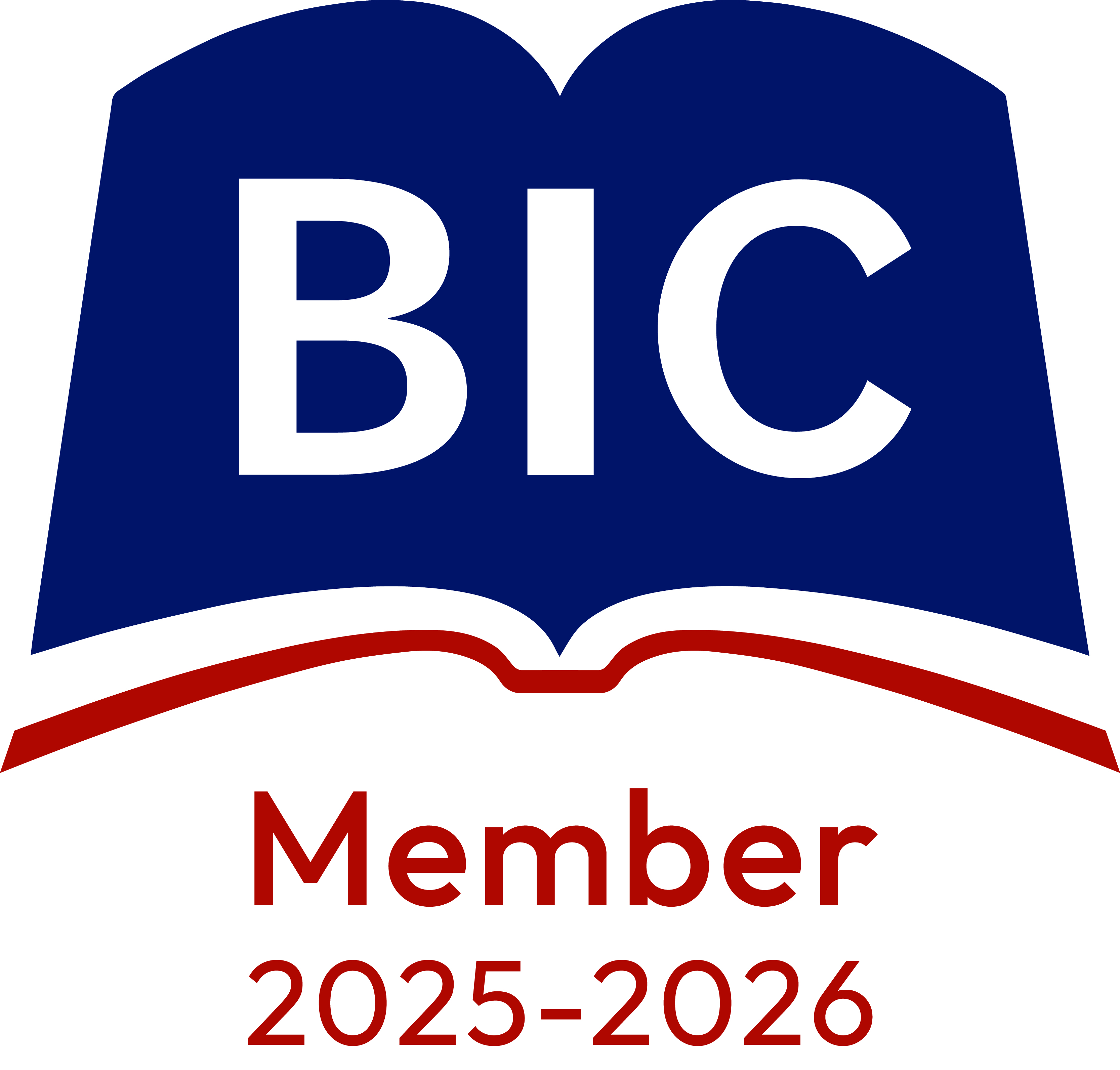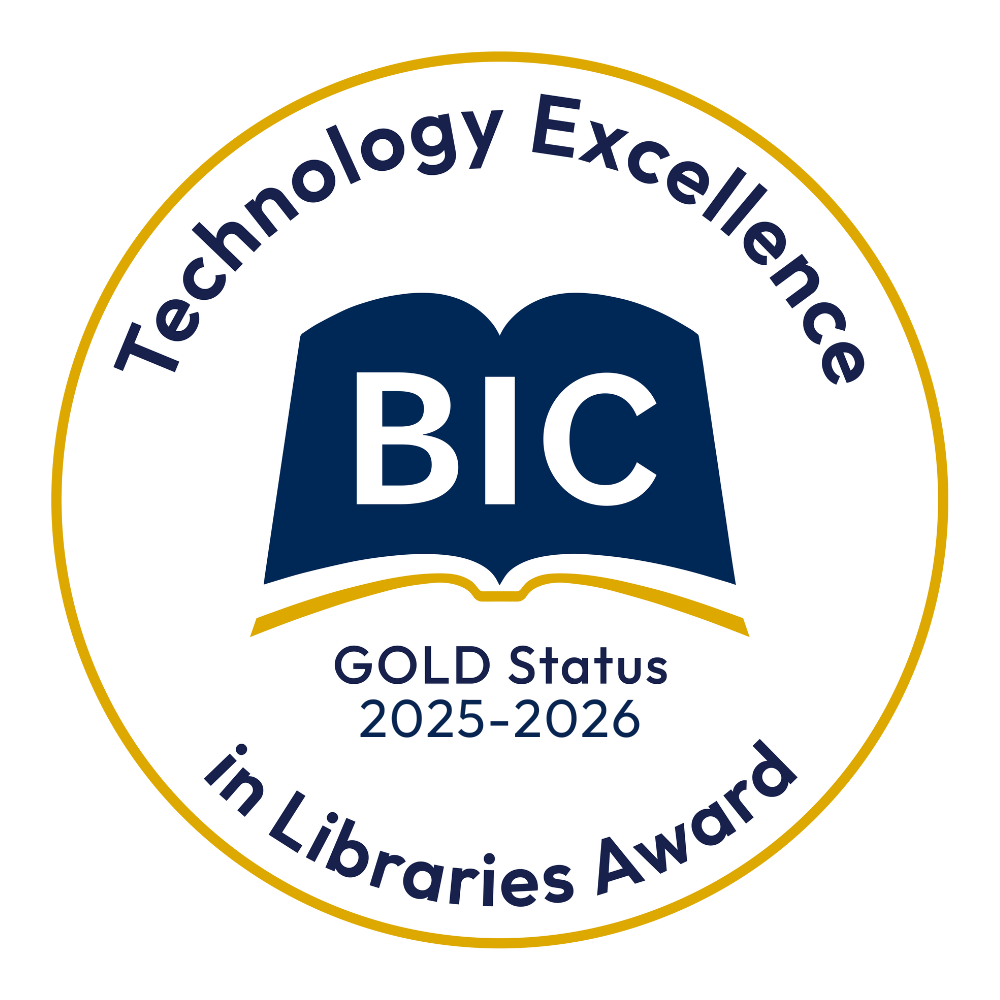Please note: We will continue to deliver your books and furniture until Thursday 18 December for schools, and Tuesday 23 December for public libraries. We will then close for the Christmas break, with deliveries resuming from Monday 5 January 2026. We wish all of our customers a very merry Christmas and a Happy New Year!
For help, advice and telephone ordering call our team on 0121 666 6646
Are you sure you wish to delete this basket?()
This action cannot be undone.
Sorry, something went wrong
Please report the problem here.
Celebrating RSE Day 2021: exploring the new curriculum

June 20th 2021
It’s RSE Day on Thursday 24th June and we’re encouraging schools to join in the celebrations and share good practice in educating children about relationships and sex.
This national day focuses on healthy relationships and positive sexual health education and the theme for this year’s event is ‘Faces’, which organisers are inviting you to interpret in any way you choose.
Teaching about relationships and sex education became statutory in all schools in England from the start of the summer term 2021, so RSE Day is the perfect opportunity to continue those open conversations with your pupils.
What is RSE Day?
Founded in 2018, RSE Day (which stands for Relationships and Sex Education Day) is an annual event that encourages parents, teachers, carers and educators to talk openly about relationships and sex education with their children.
RSE Day has grown into a national celebration with schools and organisations around the country planning events and sharing good practice and successes via social media using the hashtag #RSEday.
Why should you take part in RSE Day?
With the new RSE curriculum, it’s more important than ever to have conversations about relationships and sex education all year round but RSE Day gives that communication a focus.
Quality conversations about RSE help to:
- Keep children safe
- Improve their communication
- Increase their understanding of sex and relationships
- Improve their self-esteem and confidence
- Teach them about consent
What’s new in the curriculum
From the start of the summer term 2021, it became compulsory for secondary schools in England to educate pupils about relationships and sex education.
It became statutory for relationships education to be taught in all primary schools in England and for health education to be taught in all state-funded schools.
The Department for Education says teaching these subjects will support all young people to be happy, healthy and safe – and equip them for life as an adult in our society.
Our team have looked at the changes to the curriculum and summarised the key points for you.
What these changes mean for primary schools
|
|
Which schools have to teach it? | Can parents withdraw their children from lessons? | Do you need a policy? |
| Relationships education |
All schools providing primary education must teach relationships education including:·
|
No. Parents don’t have the right to withdraw pupils from relationships education.
|
Yes. The policy should:
|
|
Sex education |
Primary schools are not required to teach sex education. However, the Department of Education recommends that all primary schools have a sex education program of work.
|
Parents have the right to withdraw their children from sex education, apart from what is taught as part of the science curriculum.
|
If a primary school teaches sex education, it must have a policy that should:
|
|
Health education |
All state schools must teach health education including:
Guidance on health education does not apply to independent schools.
|
No. Parents don’t have the right to withdraw pupils from health education. |
No.
|
What these changes mean for secondary schools
|
|
Which schools have to teach it? |
Can parents withdraw their children from lessons? |
Do you need a policy? |
|
Relationships education |
All schools providing secondary education must teach relationships and sex education including:
|
Parents do not have the right to withdraw pupils from relationships education but do have the right to withdraw their children from some aspects of sex education, apart from what is taught as part of the science curriculum.
Before granting a request to withdraw a child, the headteacher should discuss the value and importance of RSE with parents.
|
Yes. The policy should:
|
|
Health education |
All state schools must teach health education including:
Guidance on health education does not apply to independent schools
|
Parents do not have the right to withdraw pupils from health education.
|
No.
|
How to get involved in RSE Day
Many schools clear their timetables for RSE Day so their pupils have a whole day of activities and workshops to take part in.
The aim is to get children and young adults talking more openly about relationships, respect, love, trust, communication, resilience, co-operation and sex.
We’re encouraging schools to sign up for RSE Day to receive news, activities and a free pack of materials including 20 activities for primary and secondary schools.
Follow the event on Twitter @RSE_day and join the Facebook group @RSEday2021 to stay informed.
Suggested booklists
We’ve put together a list of books to support both primary and secondary schools with the RSE curriculum, covering key topics and themes.
View primary book list
View secondary book list
Useful links
https://www.gov.uk/government/publications/relationships-sex-and-health-education-guides-for-schools




